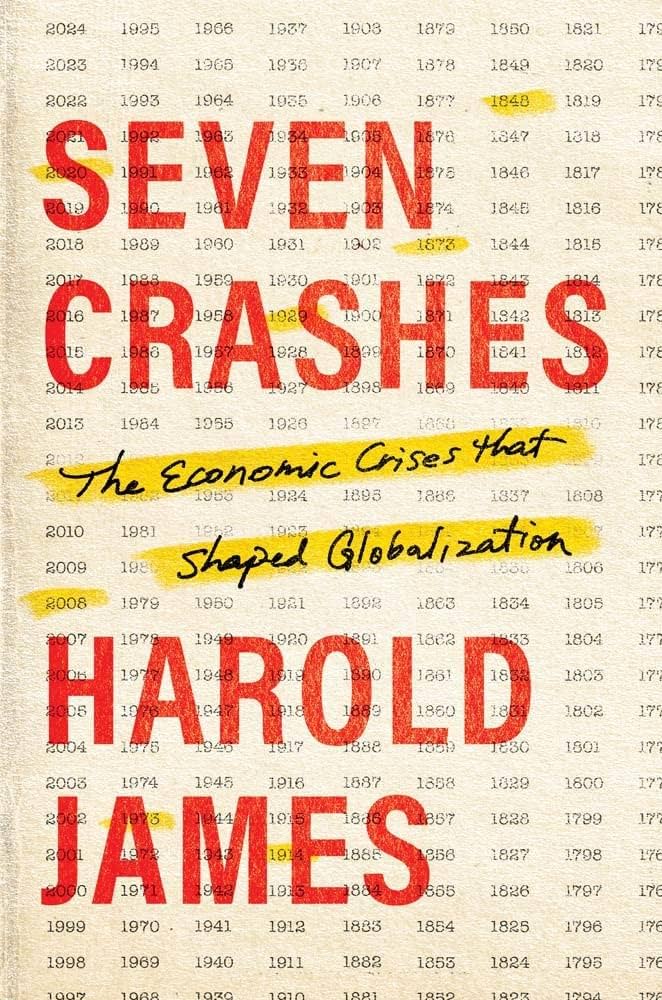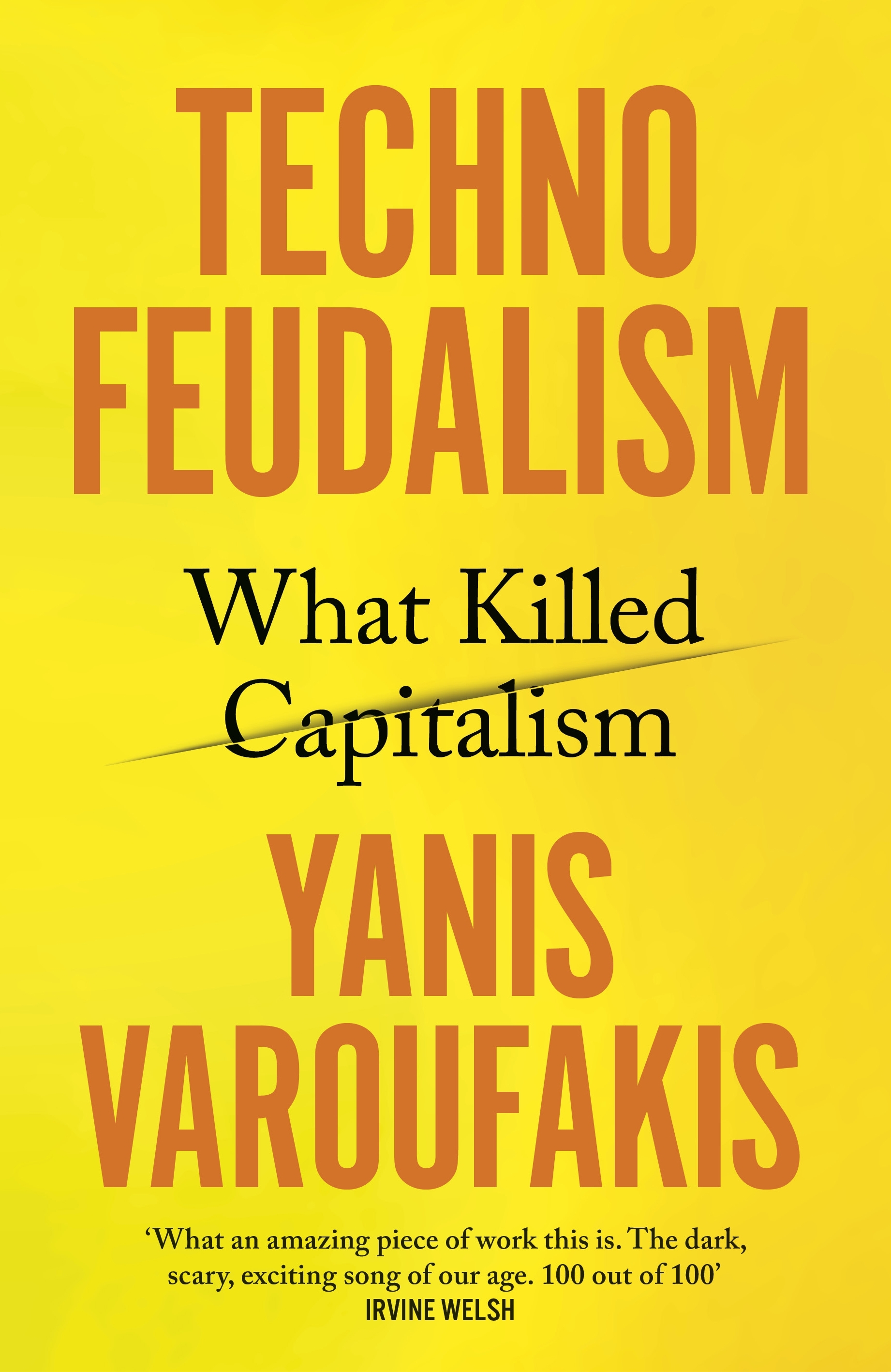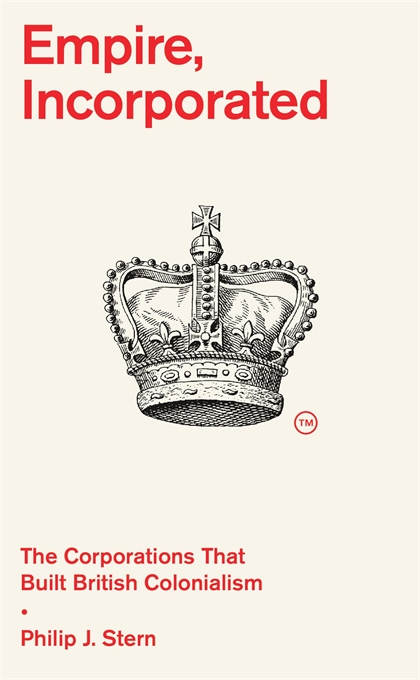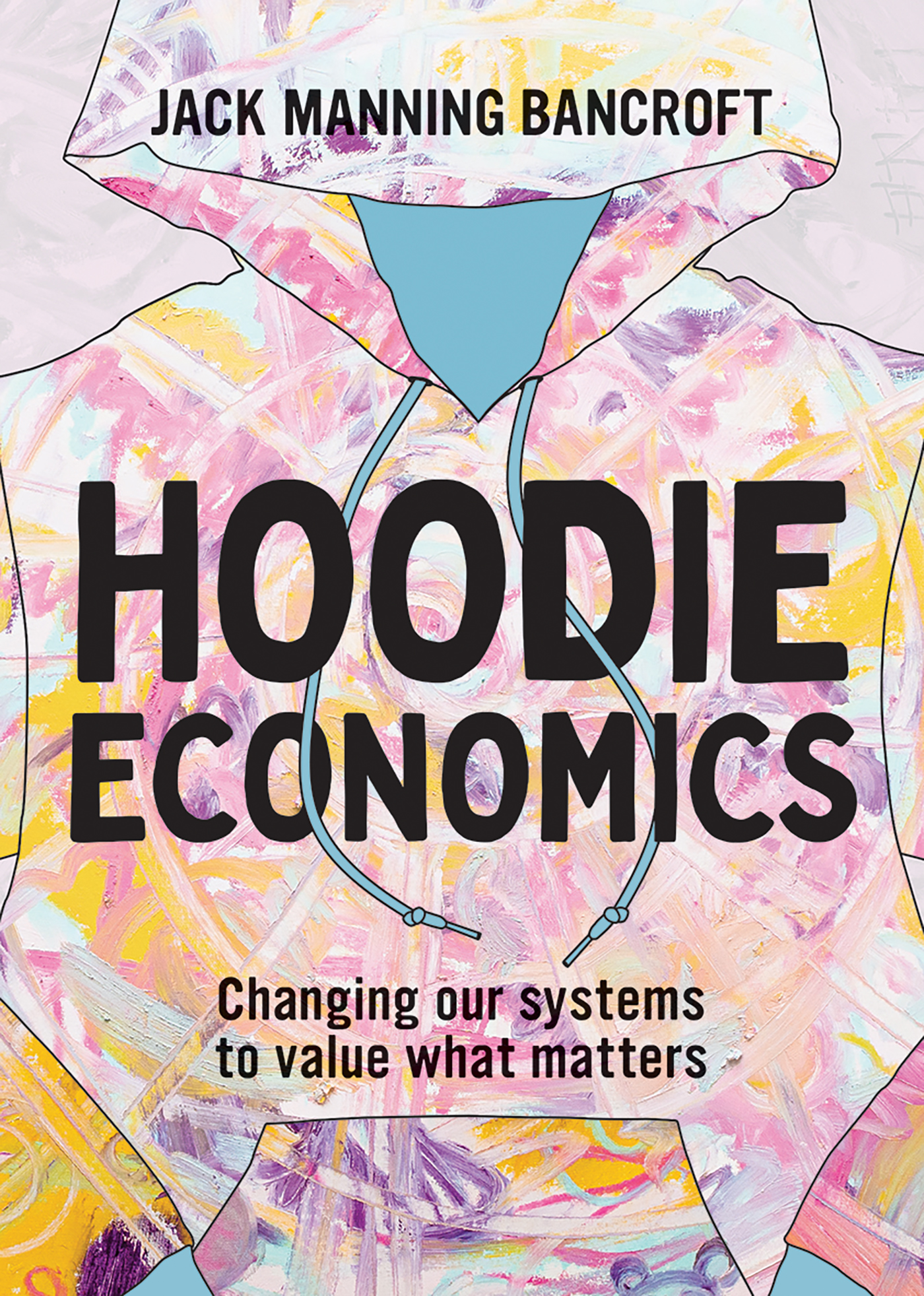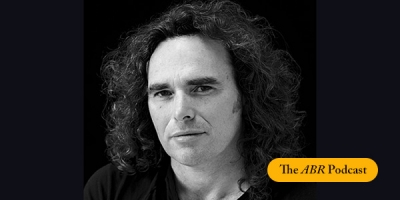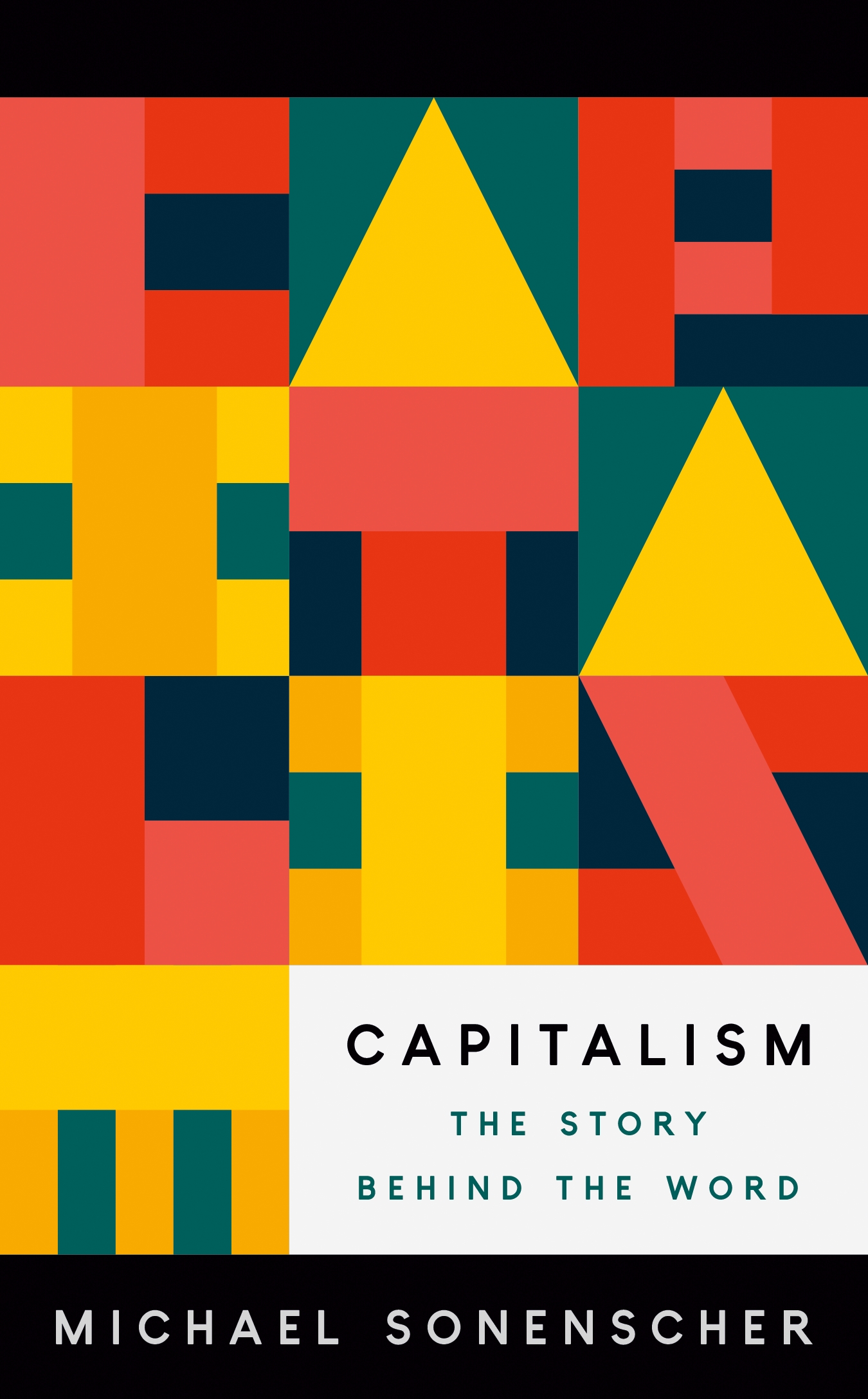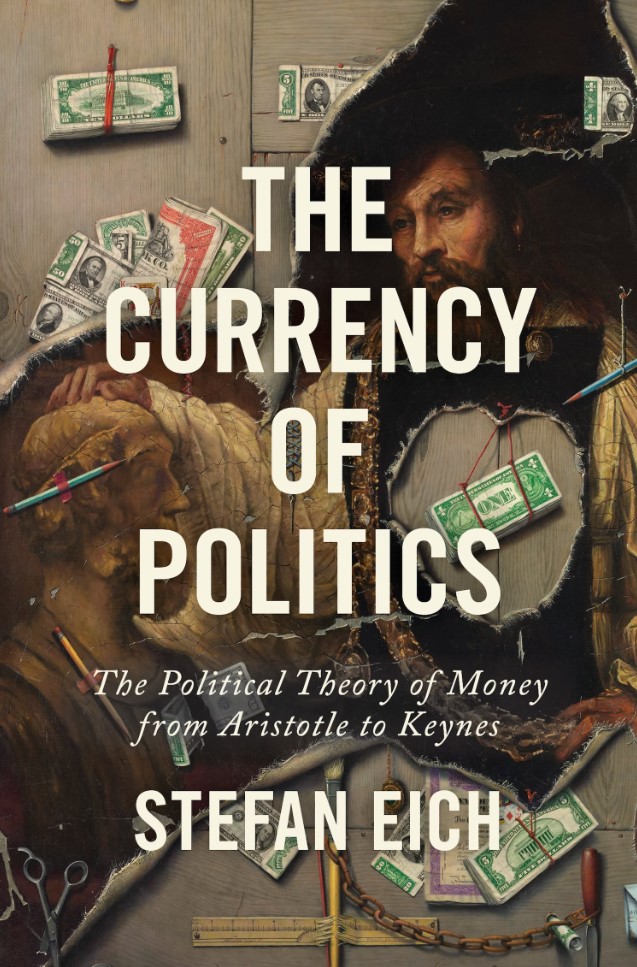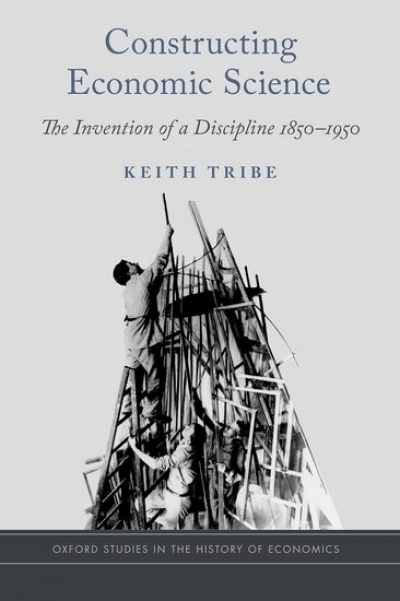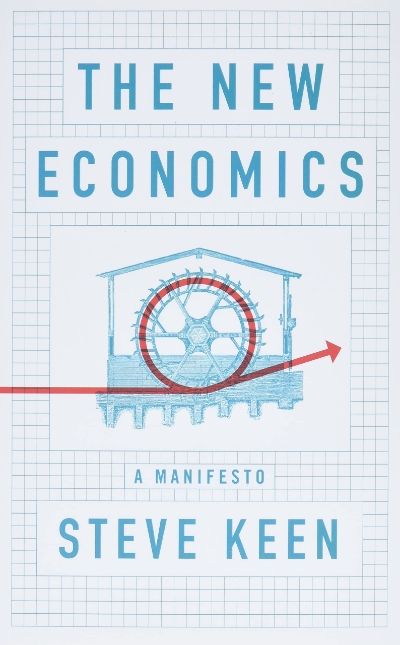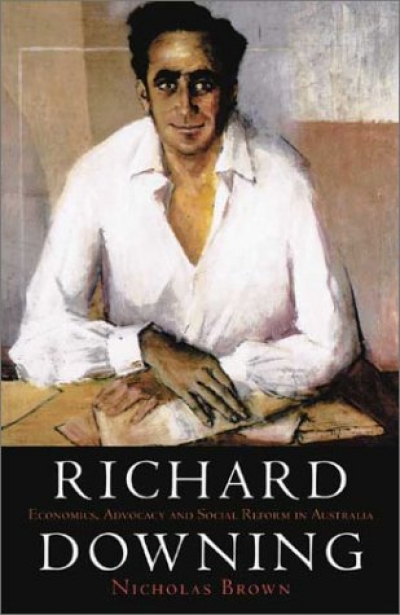Economics
Seven Crashes: The economic crises that shaped globalisation by Harold James
by Stuart Kells •
Technofeudalism: What killed capitalism by Yanis Varoufakis
by Nathan Hollier •
Empire, Incorporated: The corporations that built British colonialism by Philip J. Stern
by Clinton Fernandes •
Hoodie Economics: Changing our systems to value what matters by Jack Manning Bancroft
by Declan Fry •
This week on the ABR Podcast, we have Joel Deane with The Great Australian Intemperance, his essay on rising economic and political insecurity as reflected in the My Place movement, conspiracy theories, neo-Nazis, and ‘sovereign citizen’ groups. Joel Deane is a poet, novelist, journalist, and speechwriter. Listen to Deane’s The Great Australian Intemperance, published in the September issue of ABR.
... (read more)Constructing Economic Science: The invention of a discipline 1850–1950 by Keith Tribe
by Ryan Walter •


